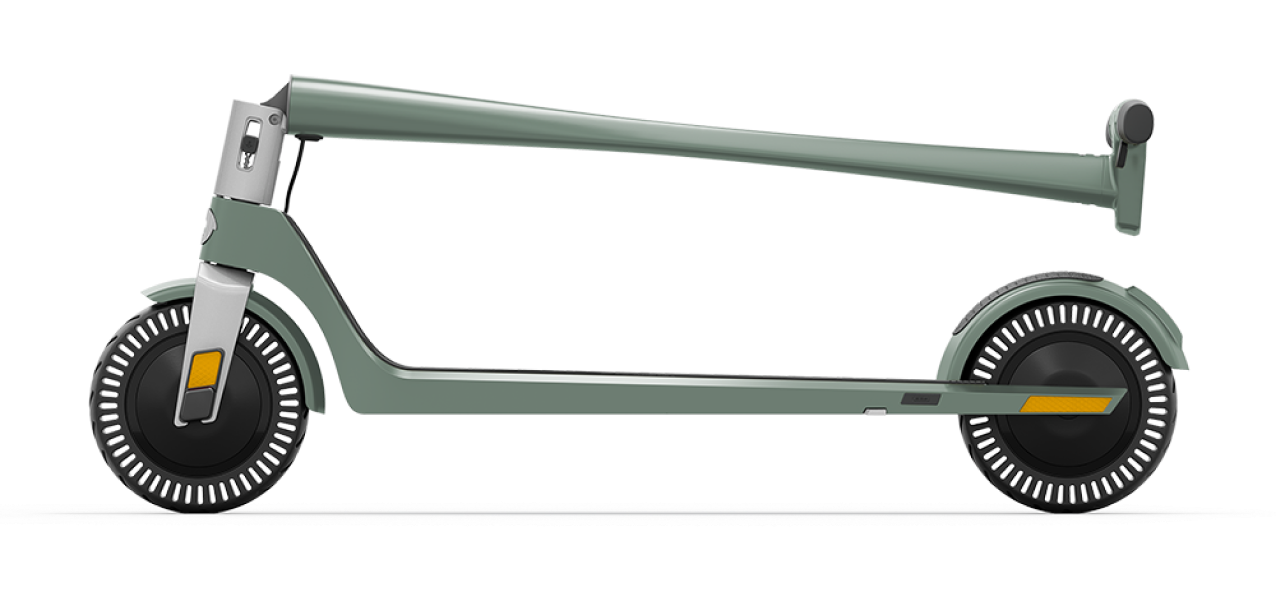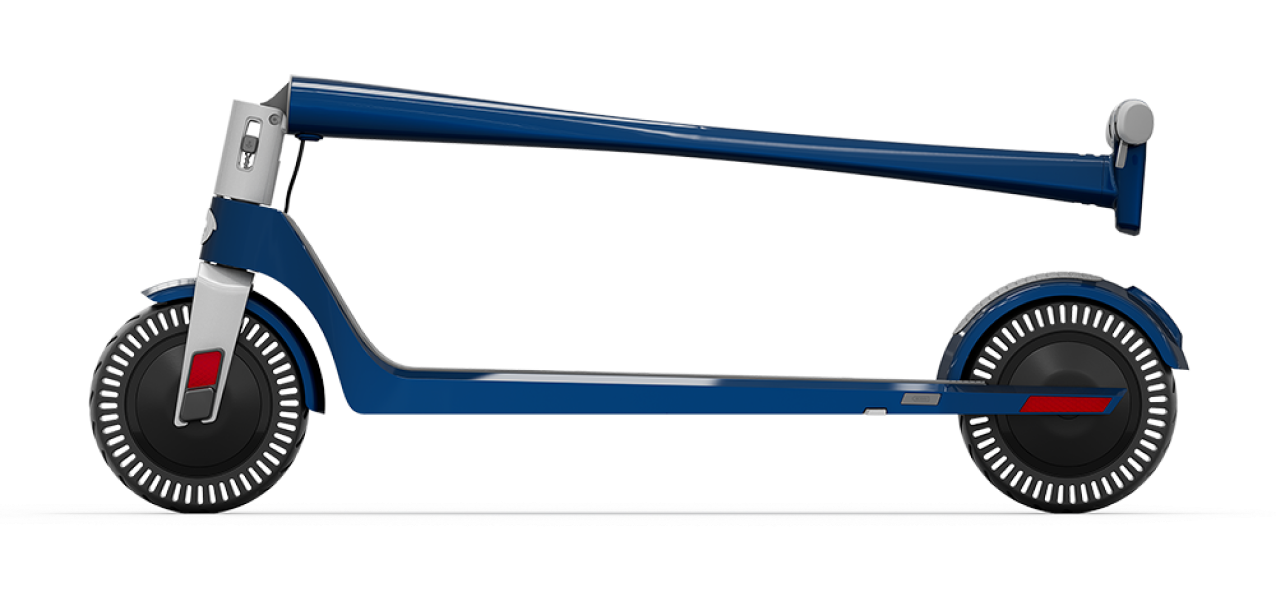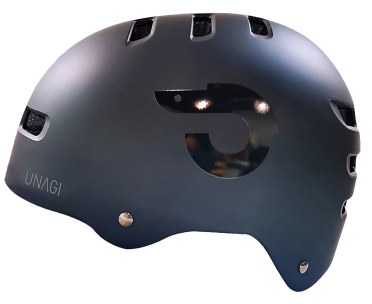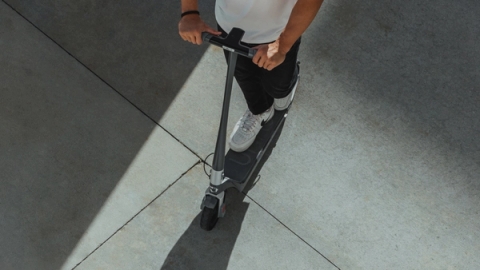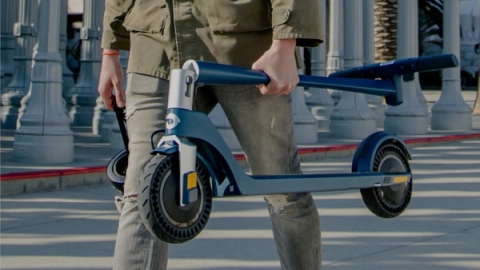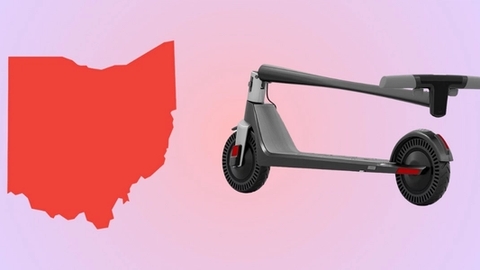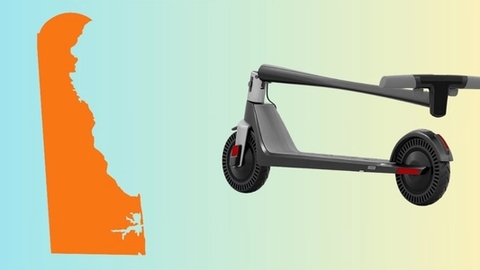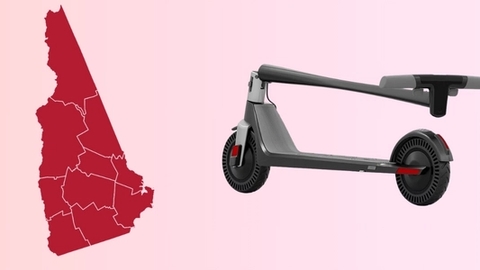Micromobility is here to stay, and it’s changing how we experience urban life for the better. With Unagi’s membership program, you can enjoy all the benefits of a top-tier electric scooter without the sky-high price of ownership or the inconvenience of ride-sharing.
The answer, like many aspects of e-scooter regulation, depends on where you are. This comprehensive guide dives into the licensing requirements for electric scooters, providing clarity across different countries, states, and local jurisdictions.
You don't need a license to ride an e-scooter in most places. This makes sense if you think about it. E-scooters are more like bicycles/electric bicycles than cars. They're small, relatively slow, and don't pose the same risks as a two-ton vehicle. Regulators have mostly treated them that way.
But 'most places' isn't all places. Some areas do require licenses. And the rules aren't just different between countries – they can vary between states or cities. In the U.S., most states don't require a license. For those that do, they usually just ask for a regular driver's license or a learner's permit.
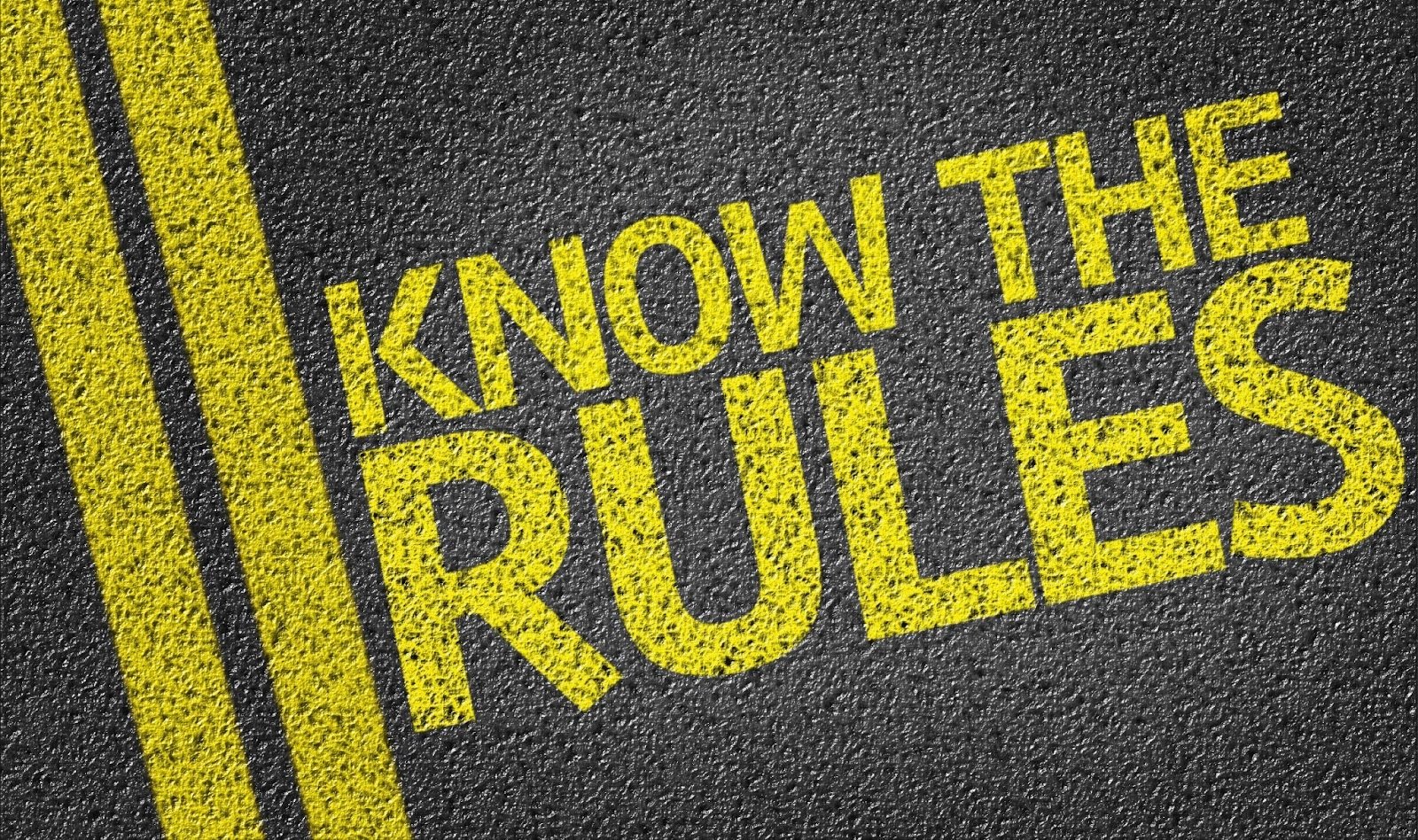
Do I Need a License to Ride an Electric Scooter in the U.S.?
Most states don't require one to have a driver's license; however, there are a handful of states that do need some form of license to operate an e-scooter. Here are some examples:
- California: You might think the birthplace of many e-scooter startups would have the most relaxed rules. But you'd be wrong. They require either a driver's license or a learner's permit. This requirement applies regardless of the rider's age.
- Massachusetts: The Bay State requires electric scooter operators to have a valid driver's license or learner's permit.
- Missouri: Missouri takes it a step further. They not only require a license but also specifically say a learner's permit isn't enough.
- Maine: Individuals must possess a valid license of any class, a learner's permit, or a license endorsed for a motorcycle or moped.
- Maryland: Maryland doesn't usually require a license unless the e-scooter is powerful enough to be classified as a motor vehicle.
It's worth noting that even in these states, the requirement is typically for any class of driver's license. The idea is to ensure riders have some basic road knowledge and experience. So far, there's no electric scooter endorsement for driver's licenses.
Age Requirements vs. Licensing
While most states don't require a license, many have decided to set age limits instead for e-scooter riders. These age limits serve as a stand-in for ensuring riders have a basic level of maturity and road awareness. But these don't necessarily equate to needing a driver's license.
Common age restrictions include:
- 16 years old: This is the most common minimum age nationwide for operating an electric scooter. States like Florida, Kentucky, and Massachusetts have adopted this age requirement.
- 18 years old: Some places push it up to 18, especially for renting an electric scooter. This is due to the additional responsibilities and liabilities associated with using shared scooter services.
- 14-15 years old: A few jurisdictions allow riders as young as 14 or 15, such as in Oklahoma and Virginia, but they often throw in extra rules, like mandatory helmet use
Even without licensing requirements, age restrictions mean you might need to show ID — especially when renting from an electric scooter-sharing service.
Local Regulations vs State Requirements
Even if your state doesn't require a license, your city might have its own rules. Many cities have passed their electric scooter regulations that can override state law. So before you hop on, it's a good idea to check your local ordinances.
Do I need a Driver's License to Rent an Electric Scooter?
Most do. Rental companies, it turns out, are a cautious bunch and often set their own rules, sometimes stricter than local electric scooter laws. Most major e-scooter-sharing services require you to be at least 18 and to scan a driver's license when you sign up. This isn't so much about needing a license to ride; it's about verifying your identity, maturity and age. But either way, you'll need a driver's license, so in effect, it's a requirement.

Why Most Places Don't Require a License for Electric Scooters?
Why don't most places require a license to ride an e-scooter? There are a few reasons.
- Speed limitations: Most electric scooters don't go that fast. They usually top out around 15-20 mph, which is about the same as a bicycle/electric bicycle and much slower than a car. This reduces the potential risk associated with operating them.
- Ease of Operation: Electric scooters are relatively simple to operate, with minimal controls compared to motor vehicles. You don't need a ton of skill or training to figure them out.
- Accessibility: One of the main appeals of electric scooters is that they are an affordable and convenient transportation option. Requiring a license would limit accessibility, particularly for younger users who may not yet qualify for a driver’s license.
- Enforcement challenges: Can you imagine trying to check every single electric scooter rider for a license? It would be a nightmare to enforce.
- Alignment with bicycle laws: Many places regulate e-scooters the same way they do bicycles and electric bicycles , which don't require licenses
Basically, most states and cities want electric scooters to be an easy way for many people to get around. Requiring a driver's license would limit who could use them, particularly younger folks.
Rationale Behind Those With Driver's License Requirements
Now, there are a few places that do require a driver's license to ride an electric scooter. Why did they go that route?
- Maturity and Road Safety: They want to ensure riders understand traffic laws and can safely share the road with other vehicles.
- Age verification: Using license requirements as a proxy for setting minimum age limits for scooter use.
- Accountability: If there's an accident or a violation, a license helps identify the rider.
- Regulatory simplicity: For some states, requiring a driver's license is the simplest way to regulate e-scooters without creating a whole new system just for them.
Critics argue that requiring a license creates unnecessary obstacles to eco-friendly transportation, especially for people who don't drive cars. But supporters say it brings some order to the electric scooter chaos on the streets.
I lean towards the no-license approach. I think the benefits of making low speed electric scooters widely accessible outweigh the potential downsides. But I can understand why some places feel the need to put a few more rules in place.

Summary: Do You Need a License for an Electric Scooter?
For now, you don't need a license to ride an electric scooter in most parts of the United States and the world. However, A handful of states and cities have their own rules, so you need to be aware of local licensing requirements, age restrictions and other regulations.
So what's the takeaway? Before you start scooting around, take a minute to look up the electric scooter laws where you are. Especially if you're in a new city, it's worth doing a quick check to make sure you're not accidentally breaking any rules.
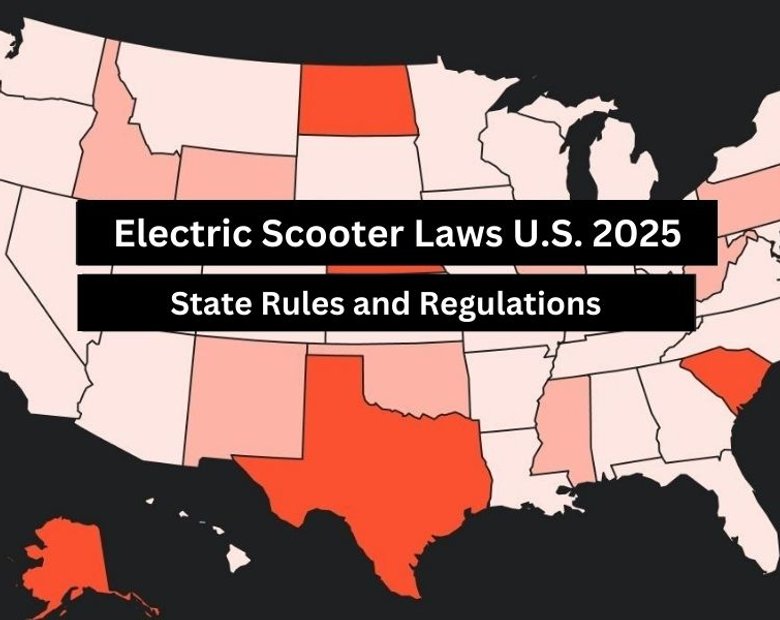
Stay current with the latest U.S. electric scooter laws in our 2025 guide. Updated annually since our first comprehensive guide, ensuring you have the most recent state and city regulations to ride responsibly”
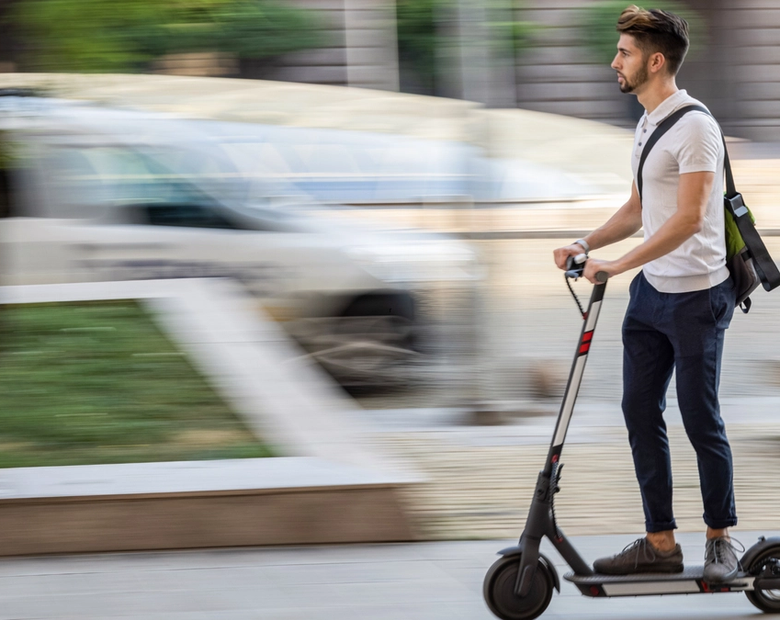
The Slack Core 920R is currently the fastest electric scooter in 2025 that you can purchase without the need for pre-order.
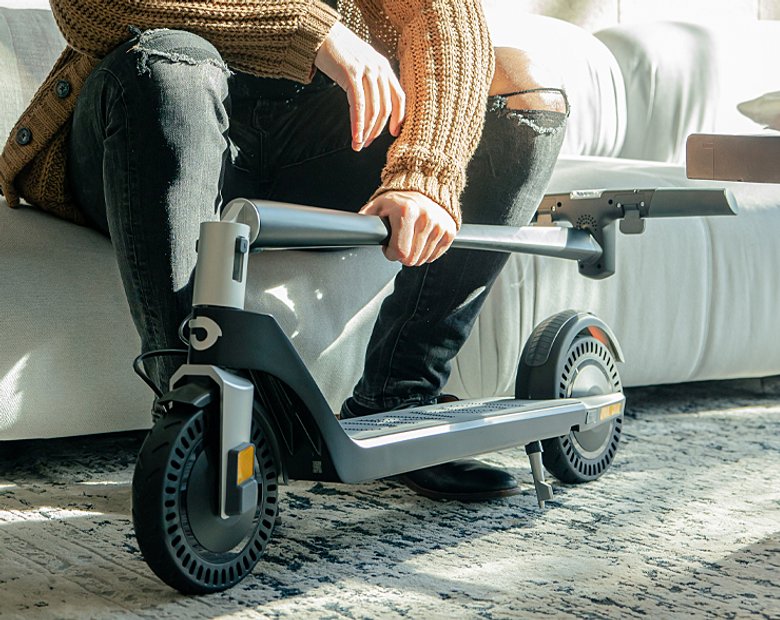
Our selection of the best electric scooters 2025 spans the fastest e-scooters to the most portable ones, the ones designed for city riding and off-road, the best scooters for rain, budget electric scooters for students, and more powerful ones for skilled riders.
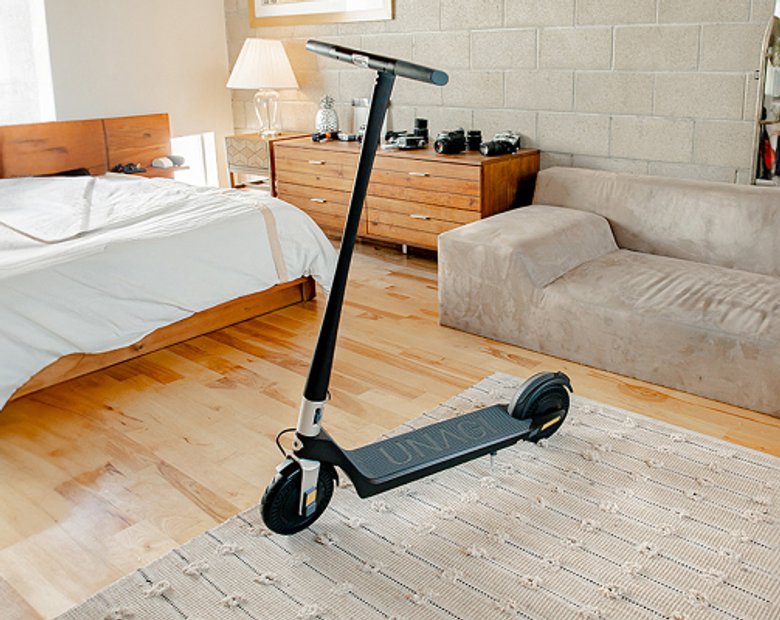
The Unagi Voyager is the best lightweight electric scooter for adults and teenagers. It is the ultraportable sequel to its predecessor, the Unagi Model One Classic.
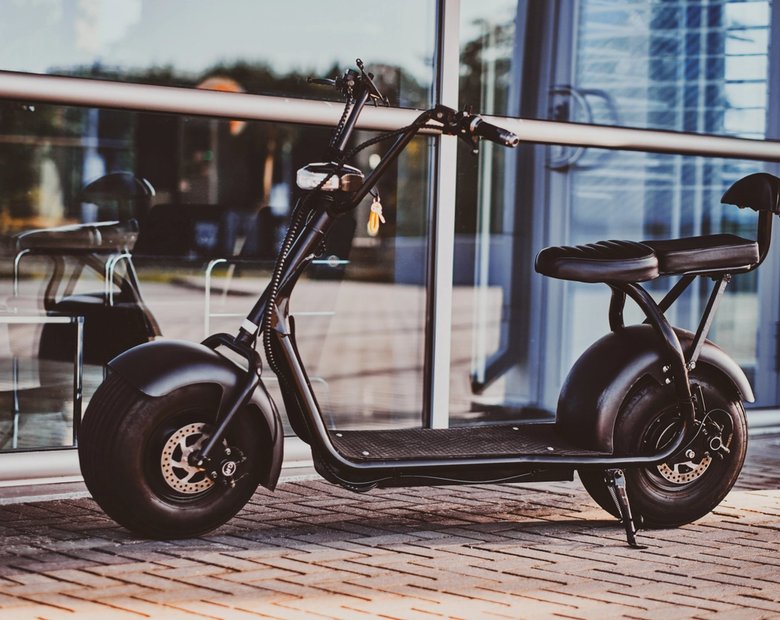
If you're wondering whether an electric scooter with a seat is right for you, this is a detailed article that would suit your need.
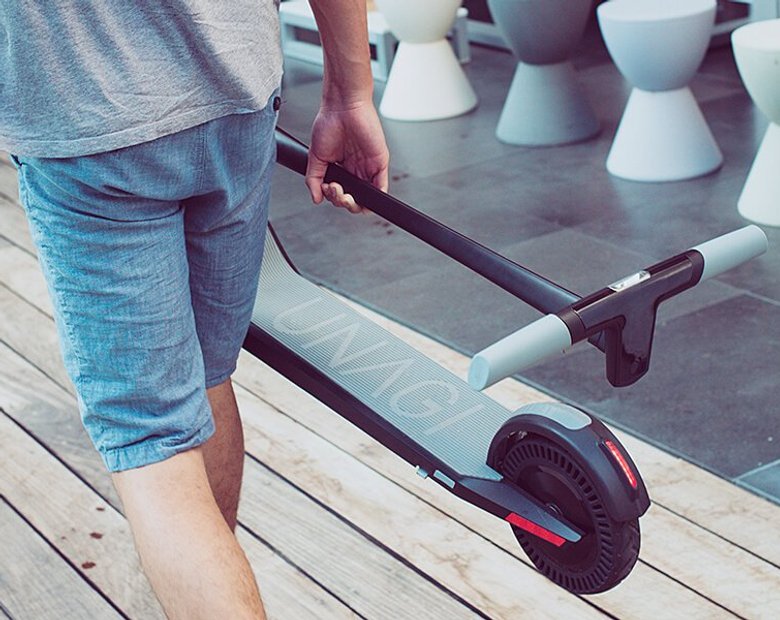
Understand which personal electric vehicle is best, the choice between an electric bike or electric scooter might already be made for you by some critical factors, including portability and storage capacity.
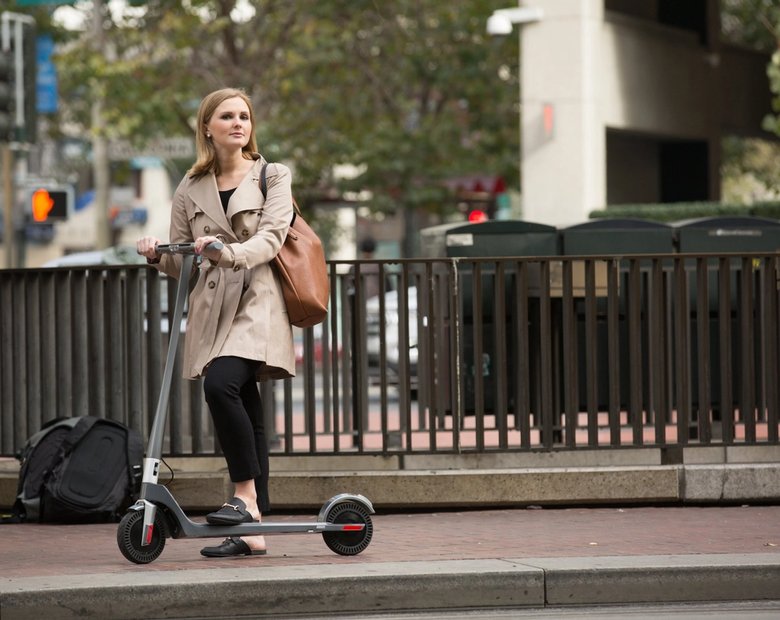
In the U.S., most states don't require a license. For those that do, they usually just ask for a regular driver's license or a learner's permit.
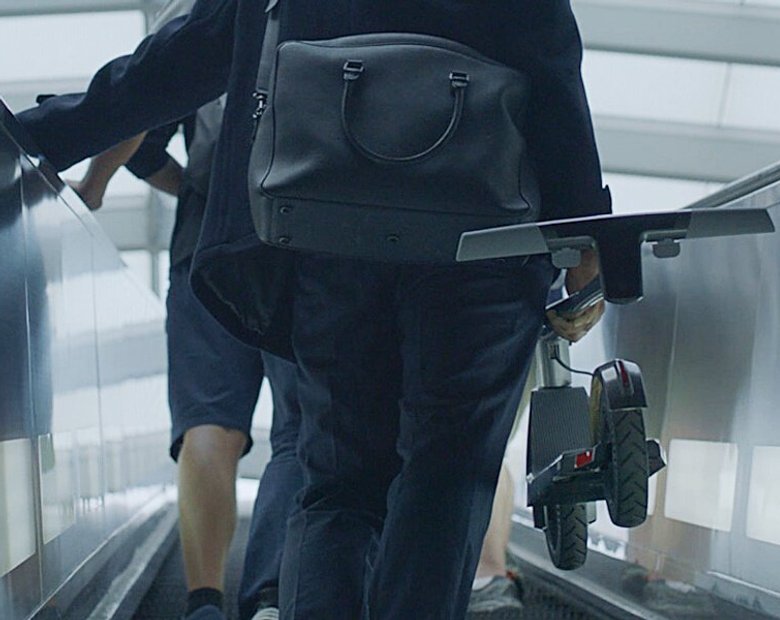
Yes, you can bring an electric scooter on a plane, but it needs to have a lithium battery smaller than 100 watt-hours, which most don't.

Manufacturers advise against riding electric scooters in the rain. The main reasons are: water can fry the electronics, make the ride dangerous, and void your warranty.

